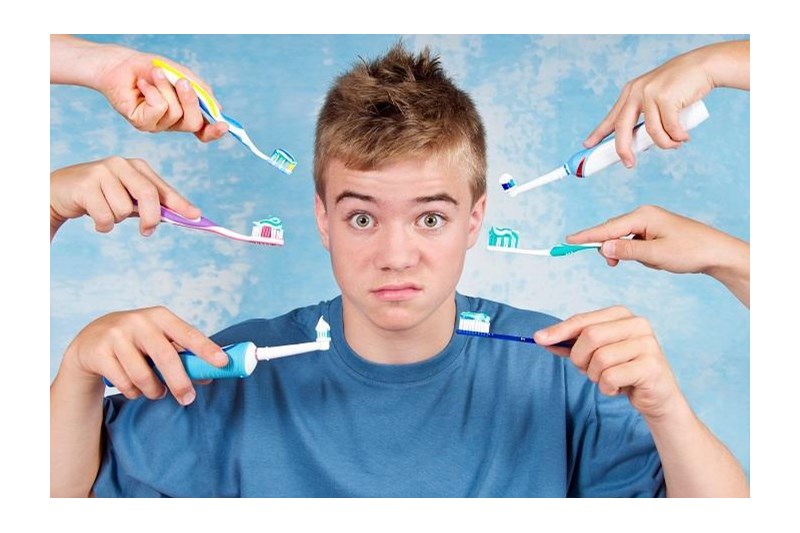Over a third of Gen Z would resort to ‘DIY’ dentistry due to a lack of access to a dentist
Published: 13/03/2023
Over a third (34 per cent) of ‘Gen Z’ respondents to a new poll agree they would resort to ‘DIY’ dentistry measures, including self-tooth extraction, due to a lack of access to dental care. Shockingly, 16 – 24-year-olds are feeling the most pressure to resort to such extreme measures, compared to just 12 per cent of respondents over the age of 55. Experts are calling for the government to prioritise putting prevention at the heart of dental care.
Launching on March 14, 2022, the Wrigley Oral Healthcare Programme’s Oral Health Index has revealed that respondents overwhelmingly want the government to do more to support the dental profession. Over three-quarters (77 per cent) of people surveyed agreed that the government could do more to promote oral health – with only four per cent disagreeing.
Recent NHS dentistry statistics revealed a 9.5 per cent decrease in adults being seen for NHS dental treatment in the 24 months up to June 2022 from the previous year, and a 25 per cent reduction in the 24 months up to June 2019.
The real-life impact of this has been reflected in the Index. Sixty-eight per cent of those surveyed agreed that there is a crisis in the provision of dental services, and over half (54 per cent) agree there is a postcode lottery when it comes to accessing dental services. A recent House of Commons briefing paper on dentistry evidenced this, revealing that dental schools are unevenly distributed across the country and places like the East of England have none.
With the government’s Health and Social Care Committee launching an inquiry into NHS dentistry, it is vital that prevention in oral healthcare is recognised as a priority to support the dental industry and protect the nation’s oral health.
The Wrigley Oral Healthcare Programme is proud to work with dental professionals to promote the role of at-home oral health tools that play an important role in preventative oral healthcare. Measures like brushing twice a day and flossing are key, whilst tools like sugar-free gum can play a vital part in protecting people’s oral health when they’re on the go.
Eddie Crouch, British Dental Association chair, said, “In a civilised society no one with toothache should be reaching for pliers and a bottle of gin. Underfunded and overstretched, covid has pushed already struggling services to breaking point, leaving millions with no options. This access crisis was made in Westminster. Government has a moral responsibility to consign ‘DIY dentistry’ back to the Victorian era.”
Nigel Carter, chief executive of the Oral Health Foundation said, “DIY dentistry is often seen a last resort and is sadly becoming more common as the UK faces growing problems accessing NHS dentistry. By performing their own dental treatment, a person can cause severe and long-term damage to their mouth. This should be avoided at all costs.”
“By adopting a few simple habits, people can prevent oral diseases like tooth decay and gum disease, that sadly remain far too common.”
Michael Dodds, senior principal scientist for Oral Health at Mars Wrigley said, “Our survey has revealed some critical statistics about the lengths people would go to rectify their oral health challenges, even going so far as considering extracting their own teeth. While we know that dentists have done - and continue to do - all they can to support patients through the impact that Covid-19 has had, ongoing challenges like the cost of living mean we need to look for low-cost, impactful ways to protect your oral health. Brushing your teeth twice a day and flossing are important steps, but in addition sugar-free gum is an effective, accessible and inexpensive way to protect your teeth on the go.”
Author: N/A










.jpg?width=150&height=100&scale=canvas)


